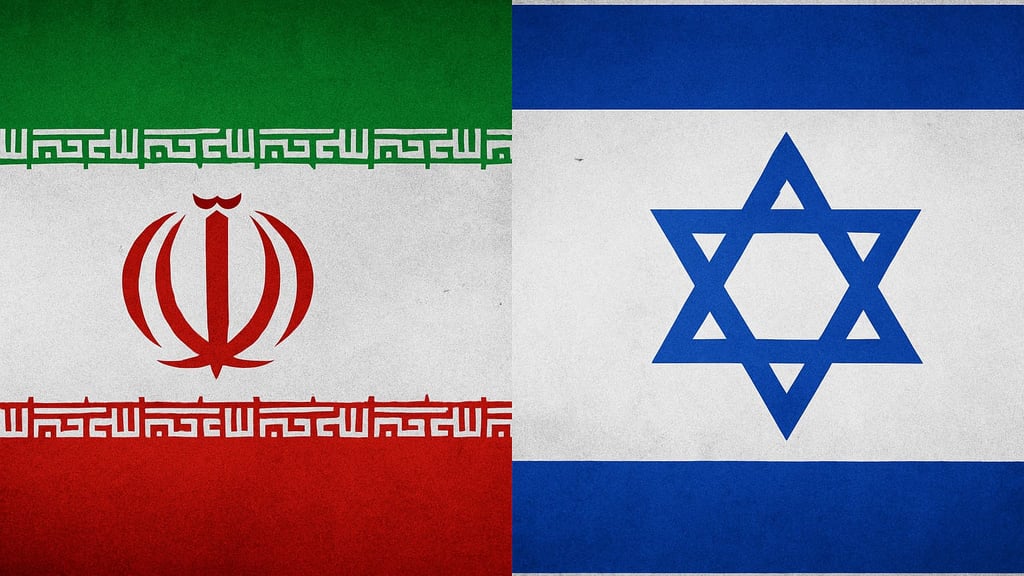Iran Executes Man Convicted of Spying for Israel’s Mossad Amid Rising Tensions
Iran executes man convicted of spying for Israel’s Mossad, escalating the covert conflict between Tehran and Tel Aviv — verified 19 Oct 2025 report.
Raja Awais Ali
10/19/20252 min read


Iran Executes Man Convicted of Spying for Israel’s Mossad
Tehran, October 19, 2025 —
Iran has executed a man convicted of spying for Israel’s intelligence agency Mossad, according to the country’s judiciary. The execution, confirmed by Iran’s state-run Mizan News Agency, underscores the deepening shadow conflict between Tehran and Tel Aviv.
Officials said the man was found guilty of passing classified security information and details of military sites to Israeli agents. He was charged with “corruption on earth,” a capital offense under Iranian law, and executed following final judicial approval.
The judiciary claimed the convicted individual had established secret communication channels with Mossad operatives and provided sensitive intelligence that endangered Iran’s national security. Authorities described the case as part of an ongoing effort to dismantle espionage networks operating inside the country.
However, human rights organizations have condemned the execution, arguing that espionage trials in Iran often lack transparency and due process. Activists allege that confessions are sometimes extracted under duress and that defendants face severe restrictions on legal representation. International watchdogs have urged Tehran to ensure judicial fairness and uphold global human-rights standards.
This latest execution comes amid an intensifying “shadow war” between Iran and Israel — a covert struggle involving cyberattacks, assassinations, and sabotage operations. Both nations have accused each other of intelligence infiltration and clandestine actions in recent years.
Analysts believe Tehran’s move sends a strong warning to Israel and other foreign intelligence services that Iran will respond harshly to any attempt to undermine its sovereignty. But the decision may also heighten regional tensions at a time when Middle-East diplomacy remains fragile.
Western governments and rights advocates have voiced concern over the growing number of executions in Iran, particularly those linked to espionage and political charges. They argue such actions reflect Tehran’s tightening internal control rather than justice.
In contrast, Iranian officials defended the execution as necessary to protect national stability. State media described the convicted man as a “key operative” who endangered national defense secrets through collaboration with a foreign enemy.
The incident highlights the ongoing intelligence war between Iran and Israel — a conflict fought not just on the battlefield, but through espionage, technology, and covert influence. Whether this act deters further spying or fuels new retaliation remains uncertain, but it’s clear that the silent war between Tehran and Tel Aviv is far from over.
Stay informed with the latest national and international news.
© 2025. All rights reserved.